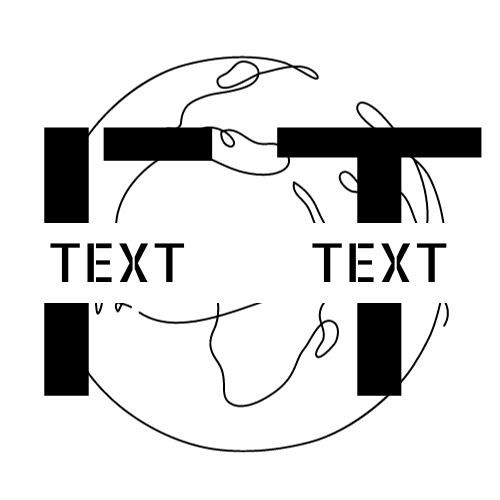The bidding process in public projects and government contracts is highly stringent to meet specific product or service requirements, and bidders often need to pay heed to certain terms and conditions. In this article, we focus on two pivotal bidding terms – “Or Equal” and “Approved Equal,” explaining how they impact the bidding process.
Offering on an “Or Equal” basis
The phrase “Or Equal” signifies that a bidder can offer an equivalent product instead of the specified product or brand. This provides flexibility to the bidders, offering an opportunity to propose cost-effective or available alternatives. However, it’s crucial to ensure that the proposed alternative products possess equivalent functionality, quality, and performance as that of the specified products.
Example: “If a substitute product is offered by the bidder, it must be offered on an “or equal” basis and must meet or exceed the specifications of the specified product.”
Evaluation of an “Approved Equal”
On the other hand, the phrase “Approved Equal” indicates that the proposed alternative products are evaluated by the entity requesting the bid to ascertain if they are deemed equivalent to the specified products. This is vital to ensure that the proposed alternatives align with the project requirements and assure high quality and performance.
Example: “Any proposed substitution will be evaluated by the procurement committee to determine whether the item is an “approved” equal with respect to quality, performance, and specifications.”
Conclusion
“Or Equal” and “Approved Equal” are significant bidding terms in public projects and government contracts, and it’s imperative for bidders to understand and comply with these conditions. Comprehending these terms aids bidders in responding appropriately, ensuring that project requirements are met, thereby contributing to the success of public projects.


